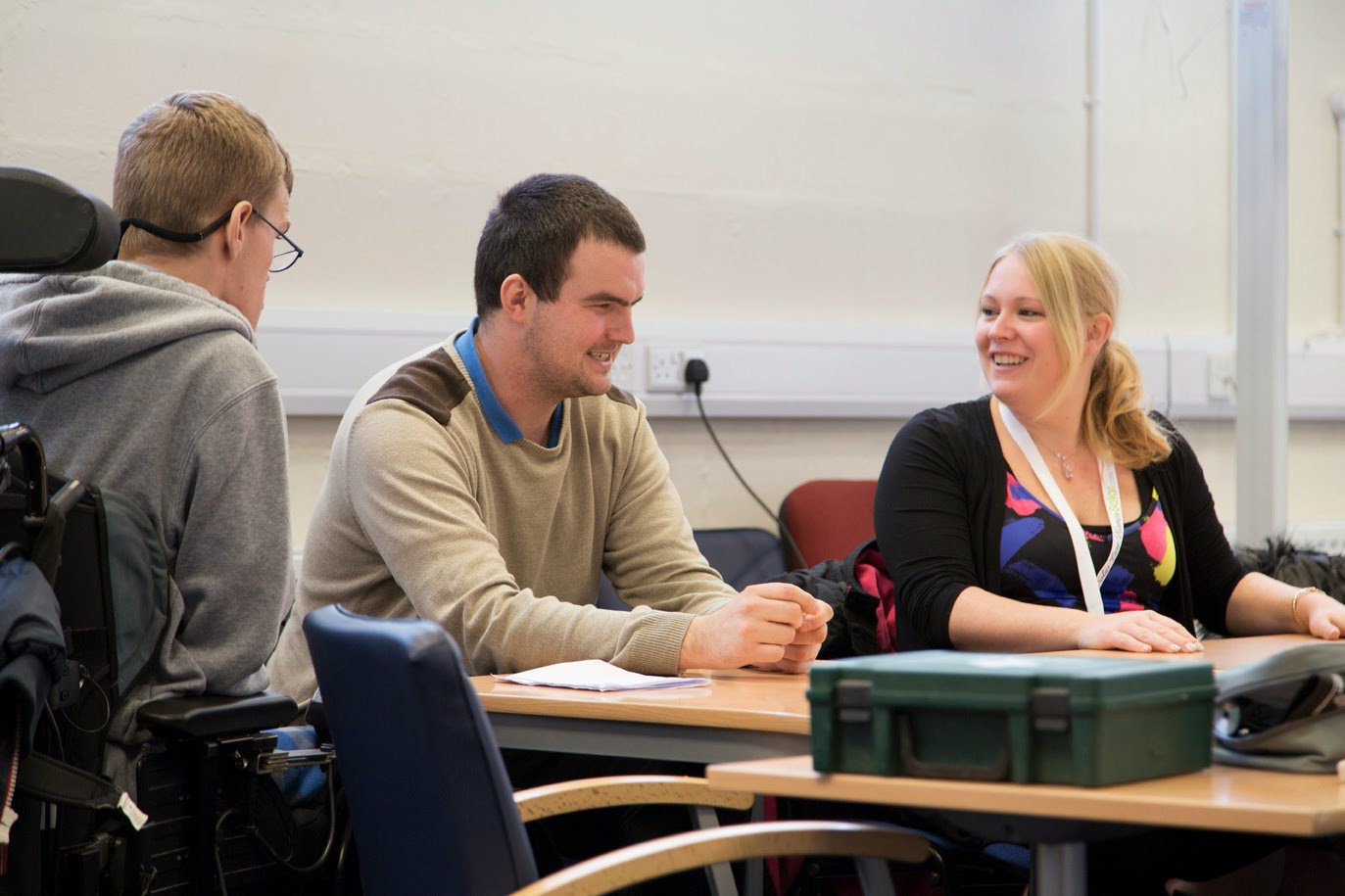This framework is being developed in parallel with a similar framework for mental health.
Background The cross Government response to the Confidential Inquiry into the premature deaths of people with learning disabilities, Transforming care: A national response to Winterbourne View Hospital and the Winterbourne View Concordat emphasises the need for workforce development across the professions and services including guidance for social workers, minimum standards for healthcare support workers and guidance for commissioners on workforce development.
In line with the above, Health Education England, in the most recent Mandate 2014-2015, was assigned the task of working 'together with the Department of Health, providers, clinical leaders, and other partners to improve the skills and capability of the workforce to respond to the needs of people with learning disabilities and challenging behaviour.
Aim The framework would be applicable to health and care employers and also to educational organisations which train students who will subsequently be employed in the health and care workforce.
The core skills and knowledge described in the framework will be defined at 3 levels:
Level 1 - knowledge for roles that require general awareness of learning disabilities
Level 2 - knowledge and skills for roles that will have some regular contact with people with a learning disability
Level 3 - knowledge and skills for those working with/caring for people with a learning disability
The framework would describe the core skills and knowledge i.e. that which is common and transferable across different types of service provision.
Specialist skills and knowledge will be outside the scope of the framework. At each level, the framework will set out the expected learning outcomes for delivery of education and training related to the core skills and knowledge.
The Framework will include key policy and legal references and be aligned to relevant quality and regulatory standards. A key benefit of establishing a core skills education and training framework is that as individuals move between roles or organisations, their core training can be recognised to minimise the duplication or repetition of training.
Examples of practical applications of the framework for employer organisations also include:
Identifying key skills and knowledge for roles and teams
Planning and designing content of education & training
Commissioning of education & training
Conducting training needs analysis
Supporting performance management processes and the assessment of competence
The framework does not seek to replace existing materials but rather to complement them and articulate the links between.
The aim is to provide a common framework of core skills and knowledge promoting higher level of consistency with respect to quality of service provision, and providing the basis of a common language to enable improved collaborative working and joint training across sectors Find out more about the framework here http://www.skillsforhealth.org.uk/services/item/331-learning-disabilities-core-skills-education-and-training-framework
The Framework is due to be launched on the 27th of July and to prepare for the launch we are running a Thunderclap, a social media tool which helps spread the word of the launch.https://www.thunderclap.it/projects/44298-learning-disability-framework

